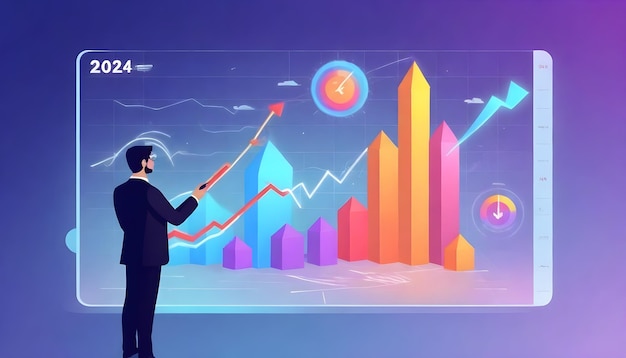Mastering Sales Predictions Using a CRM

Ever wish you could predict future sales for your business, almost like having a crystal ball? Well, thanks to technology, we can get pretty close by tracking sales data in your CRM (Customer Relationship Management) system.
Understanding why small business owners should use a CRM is key before diving into its predictive capabilities. CRMs aren’t just for big corporations; small businesses can gain a lot from these systems. Here’s why:
A CRM lets you keep all customer information in one place. This helps you build better relationships and understand your customers’ behavior. Streamlining your sales process can also save you a lot of time when closing deals. CRMs provide pipelines that help you visualize and manage every step in your sales process, from prospecting to closing the deal.
Good customer service is vital for any business. With a CRM, you can monitor customer inquiries and issues, ensuring timely follow-ups and personalized service. By tracking customer interactions and buying patterns, a CRM can provide small business owners with valuable insights for making informed decisions. This is especially useful for setting sales targets and predicting cash flows.
Over time, the data you collect in your CRM can be used to forecast future sales through predictive analytics. Here’s how:
Sales forecasting using a CRM makes it easier to predict future sales. Let’s look at two simple methods:
1. **Forecasting by Sales Funnel**: This involves analyzing each stage of the sales funnel to predict future sales. The sales funnel typically includes stages like lead generation, lead qualification, proposal, negotiation, and closure. By examining conversion rates and the time spent at each stage, businesses can forecast sales volume and revenue more accurately.
2. **Forecasting by Lead**: This method assigns a score to each sales opportunity based on its likelihood to close. Factors like customer engagement, buying signals, and historical data help calculate these scores. Sales teams can use these scores to prioritize efforts and forecast sales revenue.
Both methods offer powerful insights for sales forecasting. Which one to use depends on your preference.
Trust me, don’t skip out on using a CRM. You don’t want to miss out on the benefits it can bring to your business.